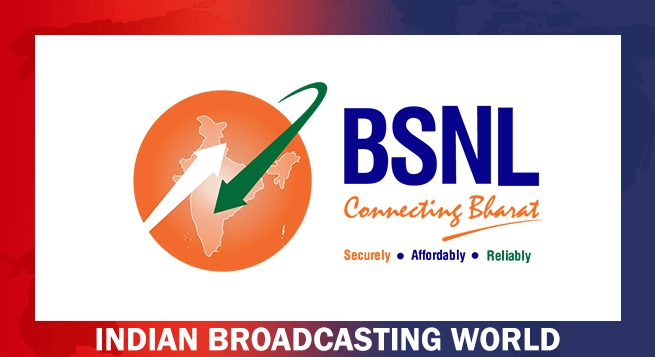For the first time in nearly two decades, Bharat Sanchar Nigam Limited (BSNL), the state-run telecom operator, has registered a net profit of Rs.262 crore in the October–December quarter of the current financial year, marking a key turnaround moment for the company.
Communications Minister Jyotiraditya Scindia shared the milestone during a Rajya Sabha session on Thursday, highlighting both financial recovery and customer growth as core indicators of BSNL’s renewed momentum, PTI reported.
“This is a significant achievement under Prime Minister Narendra Modi’s leadership,” Scindia said. “For the first time in 18 years, BSNL is not in the red, but in profit.” He further noted that BSNL’s turnaround from a loss of Rs.1,262 crore in the same quarter last year to Rs.262 crore in profit was due to operational efficiency, improved service, and cost optimization.
The public sector telco also recorded an operating profit of Rs.1,500 crore during the same period. Since June last year, BSNL has added 55 lakh new users, growing its subscriber base from 8.55 crore to 9.1 crore. “This reflects not just financial recovery, but growing customer confidence in the brand,” Scindia added.
Scindia emphasized that BSNL’s top-line revenue grew by 9 percent in the October–December quarter, while operating costs were reduced by 18 percent, resulting in EBITDA tripling year-on-year.
The minister reiterated the government’s commitment to swadeshi (indigenous) telecom technology. “When BSNL rolls out its 5G network, it will use only domestically developed equipment. With this, India joins a select group of five countries—including Finland, Sweden, China, and South Korea—that manufacture their own 4G network infrastructure,” he said proudly.
As for 5G roll-out across India, Scindia said that 99 percent of districts and 82 percent of the population are already covered, making it the fastest 5G deployment globally. However, BSNL’s 5G transition will follow the complete installation of its planned 1 lakh 4G towers. Currently, 73,326 towers are operational, with 1.85 crore 4G subscribers onboard.
Addressing queries about security concerns, Scindia dismissed reports of Starlink devices being used by militants in Manipur, calling them “non-functional and inoperable.” He stressed that no satellite communication device can legally function in India without licensing and spectrum allocation.
On improving telecom services in left-wing extremism (LWE)-affected regions, the minister said 2,343 towers are being upgraded to 4G under Phase-I of a ₹1,884 crore project. “So far, work on 510 towers has been completed, and we are accelerating efforts in these challenging areas,” he assured.
He also addressed the telecom expansion in Himachal Pradesh, stating that out of the 660 towers planned to achieve 100 percent saturation, 423 are already on air, with near-complete coverage in border areas where 37 of 38 towers are operational.
The minister concluded by reaffirming BSNL’s role in India’s digital future: “We are on the path of rationalisation, profitability, and enhanced customer service. Every initiative is directed at empowering citizens with world-class connectivity using Made-in-India solutions.”
 Govt. not considering rules for use of AI in filmmaking: Murugan
Govt. not considering rules for use of AI in filmmaking: Murugan 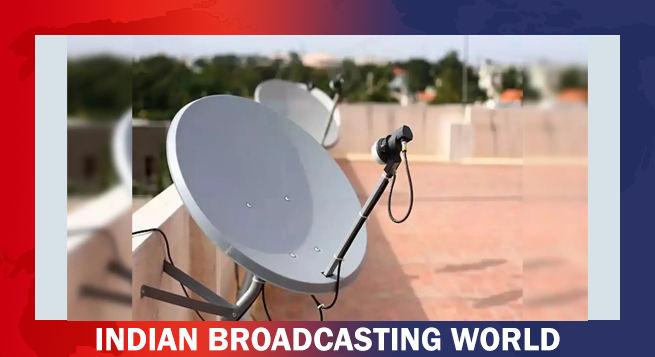 DTH revenue slide to ease to 3–4% this fiscal year: Report
DTH revenue slide to ease to 3–4% this fiscal year: Report  At Agenda Aaj Tak, Aamir, Jaideep Ahlawat dwell on acting, Dharam
At Agenda Aaj Tak, Aamir, Jaideep Ahlawat dwell on acting, Dharam 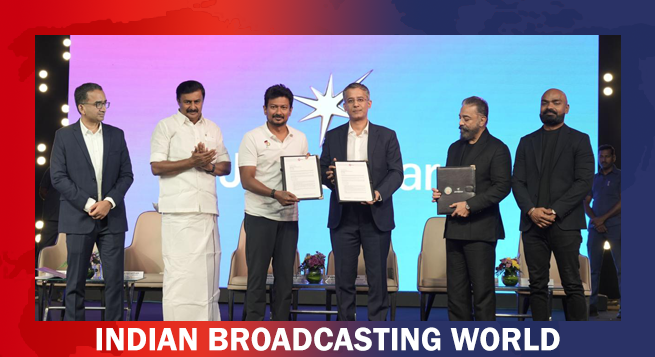 JioHotstar to invest $444mn over 5 years in South Indian content
JioHotstar to invest $444mn over 5 years in South Indian content 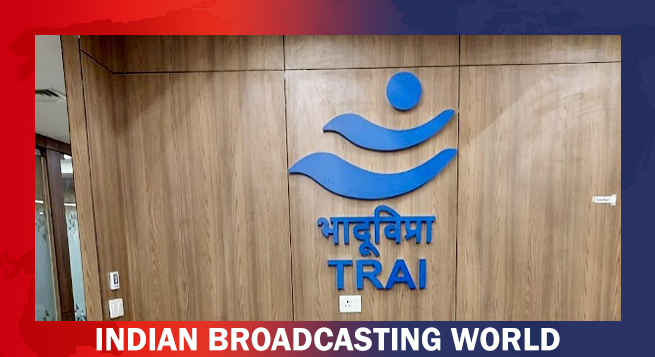 Standing firm, TRAI rejects DoT views on satcom spectrum fee
Standing firm, TRAI rejects DoT views on satcom spectrum fee 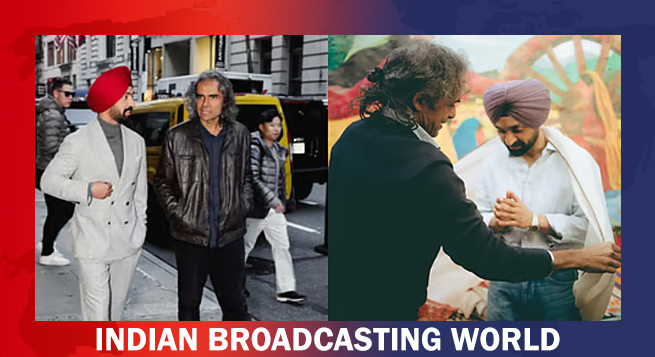 Diljit Dosanjh wraps shoot for untitled Imtiaz Ali film
Diljit Dosanjh wraps shoot for untitled Imtiaz Ali film  ‘Bhabiji Ghar Par Hai 2.0’ to return with comedy, chaos, a supernatural twist
‘Bhabiji Ghar Par Hai 2.0’ to return with comedy, chaos, a supernatural twist 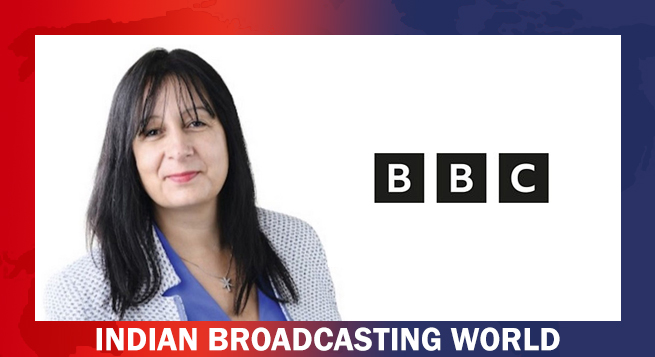 BBC names Bérangère Michel as new Group CFO
BBC names Bérangère Michel as new Group CFO  ‘Border 2’ teaser to be unveiled on Vijay Diwas
‘Border 2’ teaser to be unveiled on Vijay Diwas  CNN-News18 Rahul Shivshankar takes editorial charge
CNN-News18 Rahul Shivshankar takes editorial charge 



